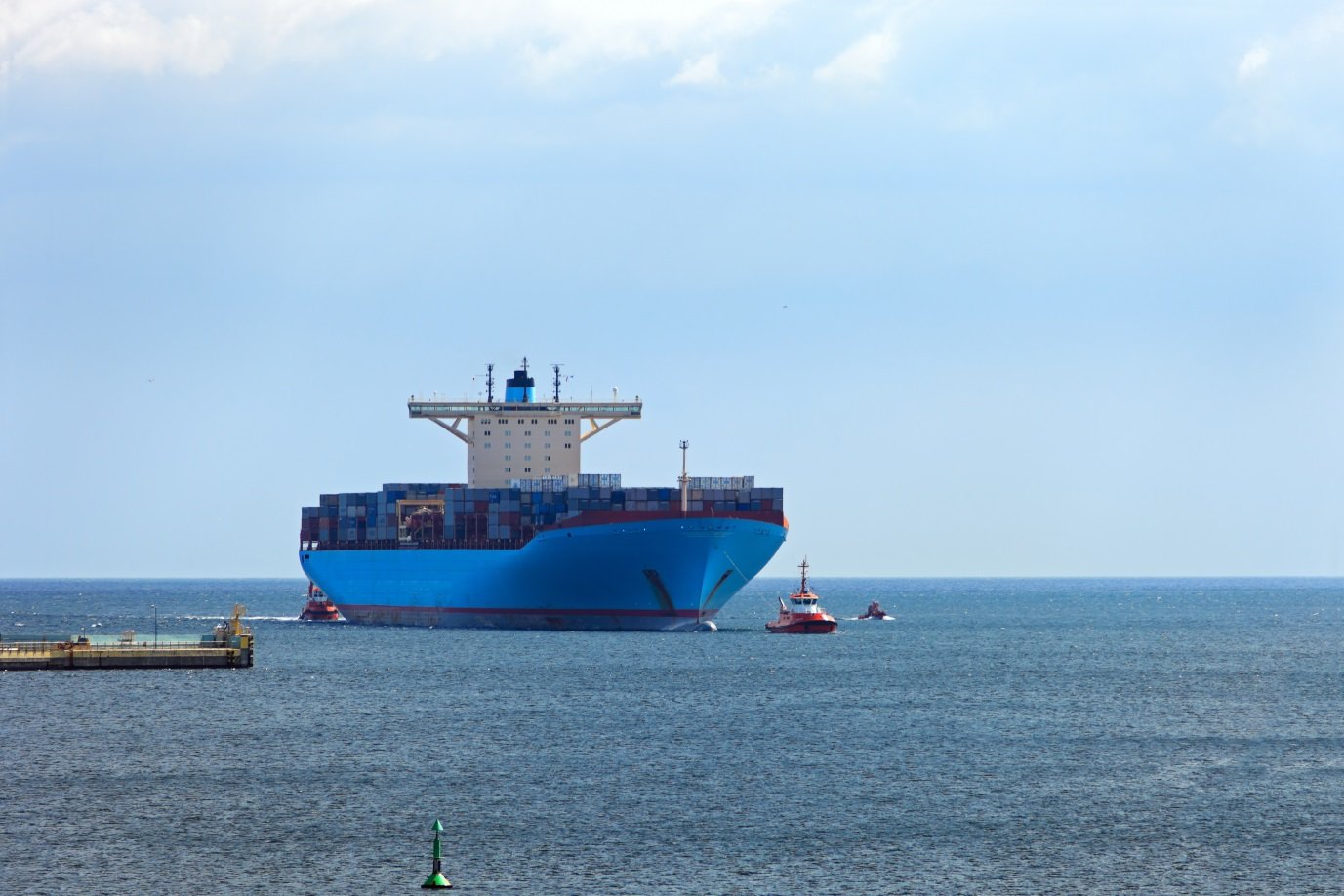
Blog
What is DOHSA?
Posted in General, Jones Act, News
Anyone who has arrived on this website probably knows already that maritime employment is extremely hazardous. Offshore and maritime personnel are routinely exposed to a shockingly wide array of physical perils, ranging from harsh weather to employer negligence and, as a result, serious injury is far from uncommon in this line of work.
That’s why injured seamen have been provided by law with a number of remedies, such as the Jones Act, that enables them to obtain due compensation for the harm they experience in connection with their employment.
Tragically, some maritime accidents result in fatal injuries. In these cases, the focus of the law shifts to compensating the family of the deceased. The Jones Act provides a mechanism where family members can seek compensation for the death of a loved one killed while fulfilling their obligations as a maritime employee—but only if the incident occurred within U.S. territorial waters. What happens when such as incident happens out on the “high seas”—that is, in international waters? Fortunately, legal help is still available under these circumstances.
One of the most important laws on the books for helping bereaved family members obtain such recompense is the Death On the High Seas Act (DOHSA). What follows is a brief overview of DOHSA and its place in maritime law.
How DOHSA Came into Being
There was a time when offshore employees and other persons harmed in maritime accidents had relatively little recourse when it came to pursuing justice in the courts. That began to change in the first decades of the 20th-century when a number of laws were passed to bolster the rights of persons seriously wounded through the negligence of another party while out at sea.
The Merchant Marine Act of 1920 (commonly known as the Jones Act) is one such law; this legislation helps injured sailors make claims against a negligent employer. The Death on the High Seas Act—also enacted in 1920—is another such law.
The intent of DOHSA is to provide surviving family members with the legal tools to recover damages against a maritime employer responsible for the death of the seaman in question. DOHSA (46 U.S.C. app. §§ 761–768) officially became a federal statute when it was signed by President Wilson on March 30, 1920, and it has been enforced continually, with a few modifications, down to the present day.
The Scope of DOHSA
The Death On the High Seas Act applies to fatal incidents at sea occurring more than three nautical miles from U.S. waters (including territories). There is a valid cause of action under DOHSA if the seaman died due to an unseaworthy vessel or through other provable negligence on the part of the shipowner. The vessel in question must have been engaged in what could be recognized as a maritime activity. In addition to maritime employees, DOHSA also covers civilian passengers of a maritime vessel.
Incidentally, DOHSA also applies to personnel and passengers aboard commercial aircraft that crash in international waters (defined in these cases as more than twelve nautical miles from any U.S territory).
Some confusion persists regarding DOHSA’s applicability to accidents where the death of the seaman or passenger occurs after a significant passage of time following the precipitating accident.
Let’s consider a hypothetical situation: A seaman is severely harmed by an explosion on a maritime vessel on the high seas, then conveyed to a hospital on the mainland U.S., where he dies weeks later. What does DOHSA have to say? In a situation like this, DOHSA still applies. That’s because the courts have ruled that the determining factor is the site where the accident occurred, not the place of death.
DOHSA can even apply when the accident occurs outside the high seas. The courts have ruled that maritime incidents of this nature fall under DOHSA’s area of coverage so long as they occur outside the three-nautical-mile boundary. That means a maritime accident that takes place within another nation’s territorial waters still qualifies as a DOHSA case, so long it happens at sea more than three nautical miles from any U.S.-controlled territory.
Types of Compensation
Under DOHSA, the plaintiff in a wrongful death suit is entitled to recover damages based on “pecuniary loss“—that is, loss of income and support. They are generally not eligible to obtain recompense for pain and suffering or other non-economic factors. The idea is to compensate families for the loss of a member who could provide financial and domestic sustenance. This compensation typically takes into consideration funeral expenses and loss of future monetary support.
Who Qualifies for DOHSA Compensation?
Because DOHSA is primarily intended to compensate families for a loss of a parent, spouse, and/or caregiver, the law strictly defines who is entitled to recover damages in these cases.
- Only these individuals are entitled to compensation under DOHSA:
- The spouse of the decedent
- The children of the decedent
- The parents of the decedent
- Other dependent relatives of the decedent
If the plaintiffs are successful in their DOHSA case, the court will determine the amount of compensation to which each family member is entitled, according to the degree of pecuniary loss they have sustained.
What Must Be Proven
To prevail in the DOHSA case, the plaintiff must be able to demonstrate to the court one of the two following conditions:
- The vessel in question was not seaworthy—that is, it suffered from significant mechanical defects or was otherwise incapable of contending with the perils that such vessels can be reasonably expected to encounter while at sea.
Also, a shipping vessel that has been overloaded may be ruled to be unseaworthy. Other unseaworthy conditions can include an absence of safety equipment and an inadequate number of personnel on board. Please note that the presence of merely minor defects in the ship is unlikely to lead to a ruling of unseaworthiness.
OR
- The owner of the vessel behaved negligently in connection with their responsibilities as a shipowner. Failure to provide personnel with adequate training and failure to abide by proper safety protocols are among the valid causes of action for a negligence claim.
The Issue of Contributory Negligence
Like many maritime statues that govern personal injury matters, these cases hinge on the issue of contributory negligence. In other words, does the deceased party bear partial responsibility for the accident? If so, does this affect the amount of pecuniary damages that may be recovered? Under DOHSA, families can recover damages even if it is shown that the decedent’s negligence contributed to the fatal incident. However, it is also true that the amount of the awarded damages may be reduced in proportion to the negligent actions (or inactions) of the decedent.
Statute of Limitations
For family members of a deceased seaman, it is imperative to act quickly when filing a DOHSA case. The law gives plaintiffs only three years to file a suit, and the clock starts ticking on the day when the incident in question occurred.
Under the Death On the High Seas Act, claims can be brought before the court only by a personal representative of the family members who seek to obtain recompense for the death of the decedent. That’s one reason why is it essential for persons with a DOHSA-qualified case to waste no time in hiring the services of an experienced maritime personal injury attorney who understands the ins and outs of this potentially confusing law.
We will fight for you in the courts and help you obtain the settlement that you justly deserve. Please contact us at 1-800-836-5830 and ask for a free case evaluation. Calls are answered 24/7.















